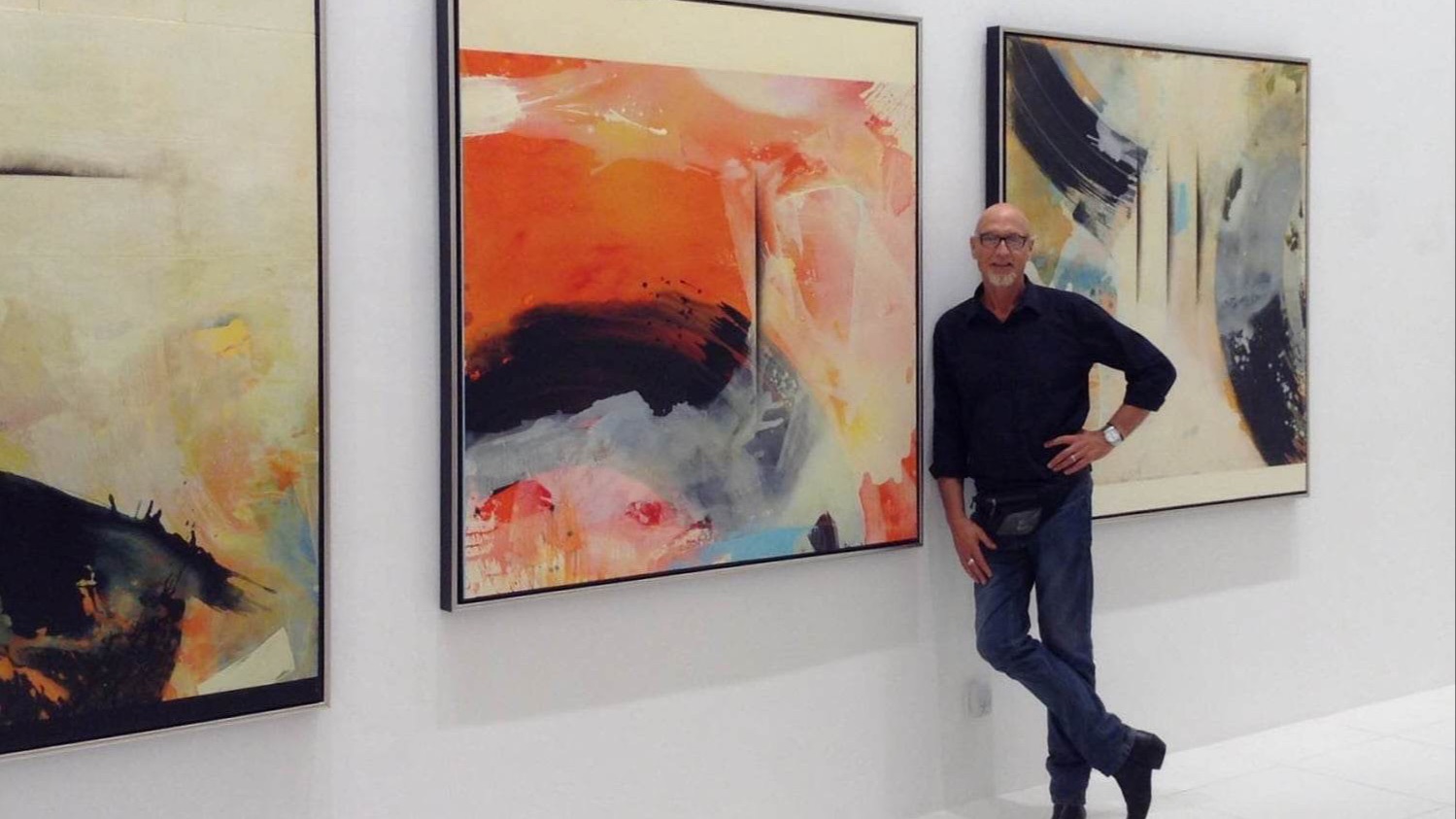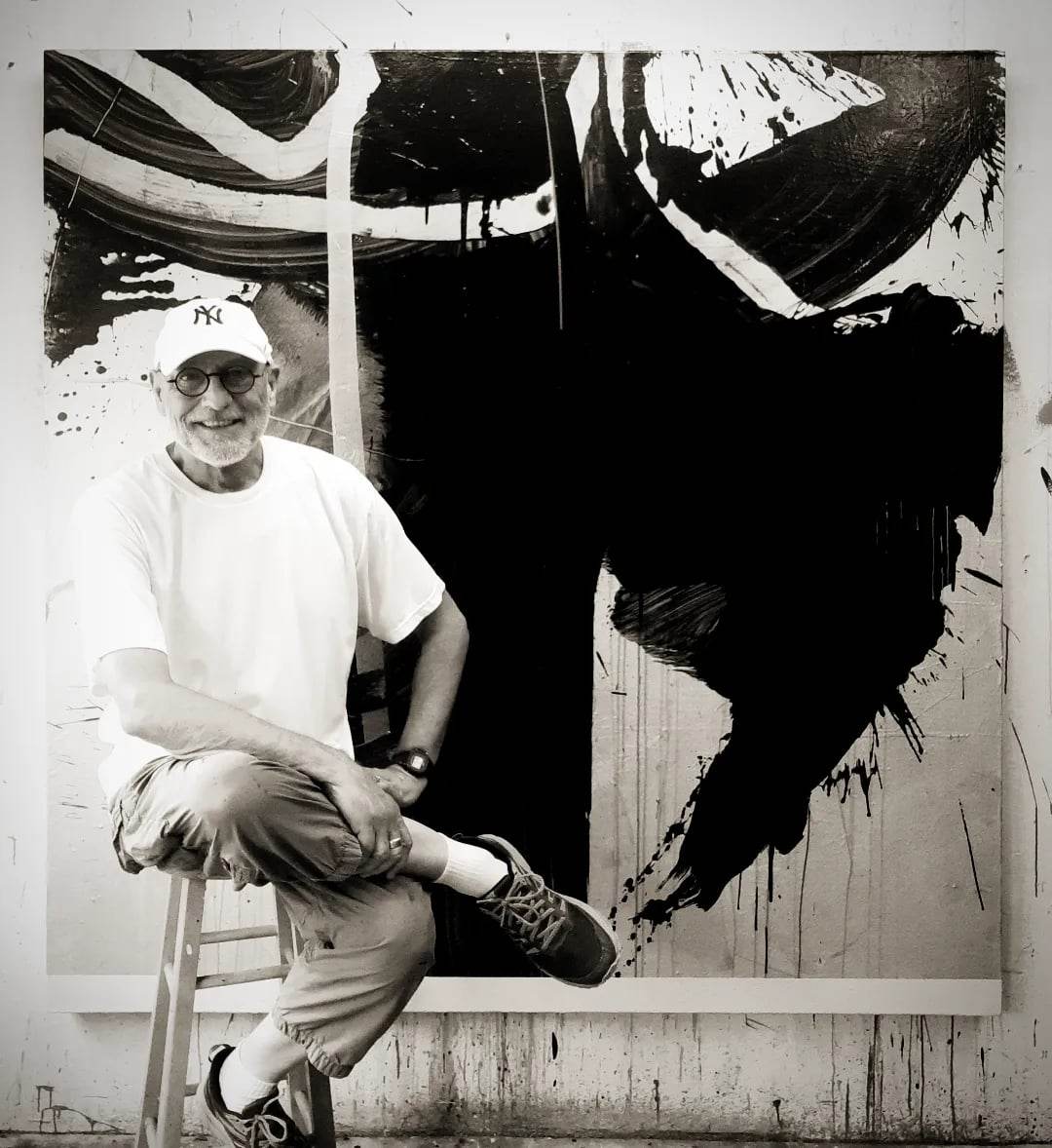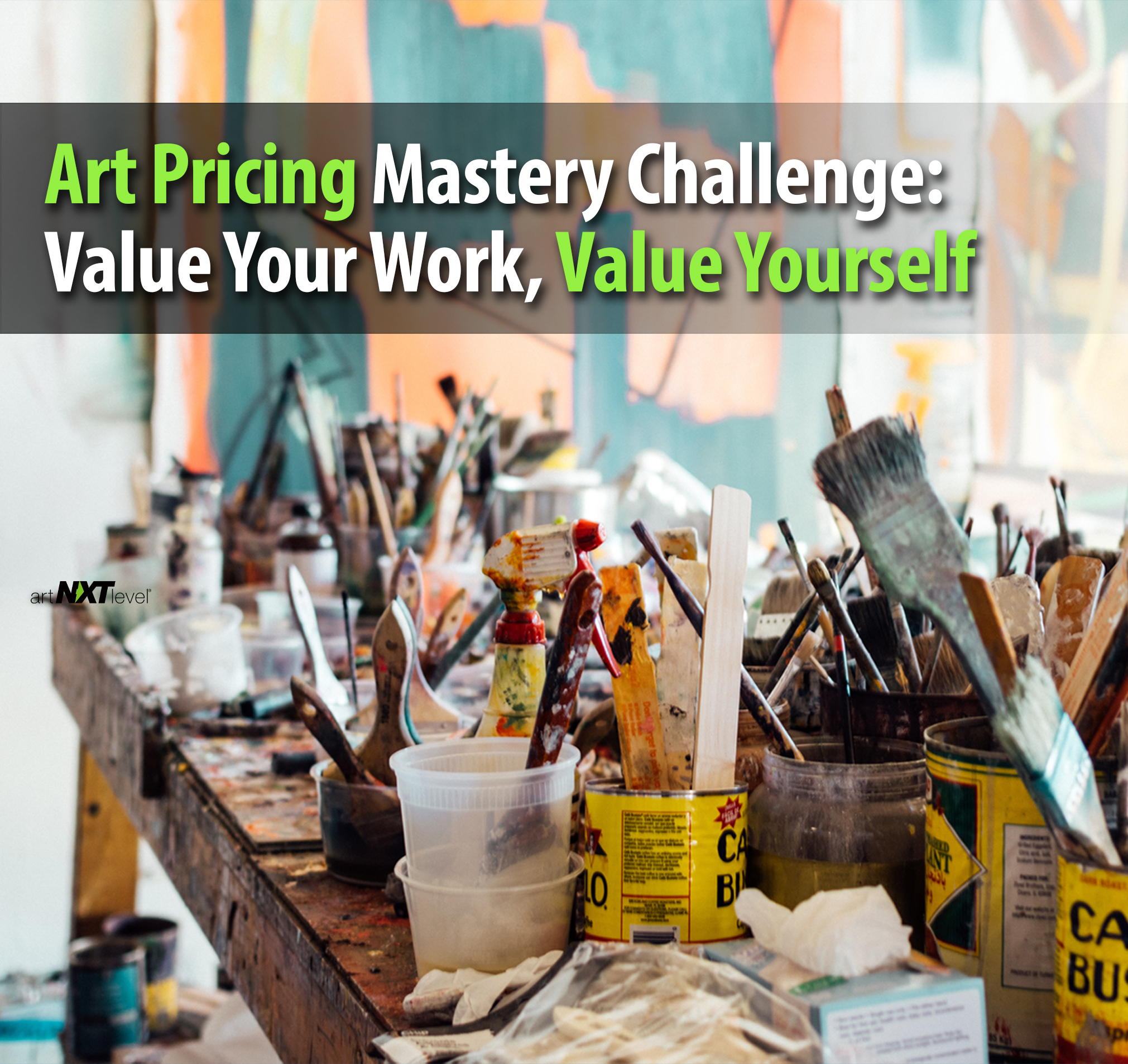Should I? You Must! Pricing Your Art in a Global Market.

By Drew Harris
If there is one piece of advice I can offer, is to remove the word “should” from our vocabulary as artists, particularly when it comes to valuating our work, past, present and future.
The Challenge of Finding the Right Balance
Far too often, I hear artists lamenting on the fact their work is under-valuated, or in some cases, over-valuated and not selling. Finding a perfect balance is never easy as it is often dependent on market indicators such as regional, national or international economics, and often, dare I suggest, it’s based on trends in the market, so if you are not trending, it doesn’t mean you “should or shouldn’t” charge more or less, but remain consistent as trends tend to be cyclical and less stable. Your pricing however, must remain stable, growing as you grow as an artist.
Maintaining Stability in a Fluctuating Market
As the art buying market fluctuates, our work, even when correctly valuated may seem as though no one is interested, or perhaps everyone is interested, regardless, we must maintain stability. If we begin adjusting the value of our work dependent on current trends, we will in future find ourselves saying “ I should have or shouldn’t have”, and this is a dangerous place to find ourselves in. Let me explain.
In my 35+ year career, I have had two very significant markets, the North American market, and the Asian market, both of which operate at seemingly polar opposites in regards to economic trends and forecasts. When my work was presented in one of these two markets while that particular economy was strong, my work ( during the 90’s and 2000’s ) saw increases in valuation, and the collector base seemed willing to buy at these rates. All good, but what it was doing was eliminating any potential at the time in the other, less stable markets. But back then, we didn’t have the internet as we do today, so many galleries could “play” the market accordingly. A common practice back then. What happened was that my representative galleries were selling a similarly sized and dated work in two vastly different economic markets for, admittedly, vastly different sums to which I had concerns.

The Importance of Consistency
The galleries representing my work on each side of the planet “should” have maintained a consistent, transparent valuation, but there was an element of market greed, lack of transparency and unscrupulous manipulation of my work, which, in the end, and today actually hurt my career rather than helping it. Personally, I “shouldn’t” have allowed it, and “should” have maintained a firm say in terms of valuation.
In many ways, I was as responsible for this as any of my representative galleries were, and “should” have recognized this at the time.
Take Control of Your Business
Apart from making the work we do, we are also at the helm of our business and need to maintain control of all aspects, including pricing of our work. This doesn’t mean we cannot or “shouldn’t” negotiate, but we must not allow others to act on our behalf as they have a business development interest different from ours. Collector’s almost always request a deal, and galleries often require some flexibility to negotiate on our behalf, but if we allow them sell our work at considerably different and variable amounts, then we run the risk in the future of saying, “ Darn, I should have…”.
When looking back in review of our careers, there is always something we could have done better, but the most important aspect is the valuation, adjusting such accordingly each year, incrementally and staying true to ourselves so that years on, we don’t have certain regrets as to what we should have done.
We must always do it now.
If you struggle pricing your art, then join the Art Pricing Mastery Challenge! Learn more at: https://www.theartistnextlevel.com/pricing
Sincerely,
Drew Harris
Studio Website: https://www.drewharrisart.com/
Instagram: https://www.instagram.com/drewharrisart/
Book a 1-on-1 Session with Drew: https://artnxtlevel.mykajabi.com/drewharris
Stay connected with news and updates. Get on the Art NXT Level Weekly!
Join our mailing list to receive the latest news and updates from our team.
Don't worry, your information will not be shared.

